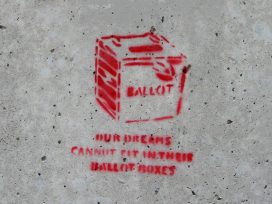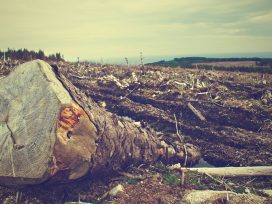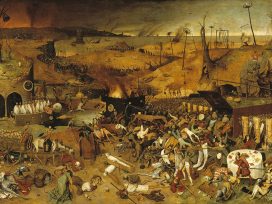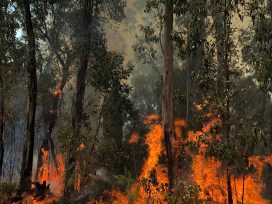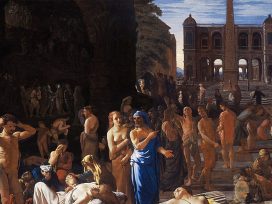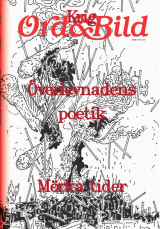
The original assembly in 12th century Spain was not a space for popular democracy, but for tough bargaining and long distance government. After 800 years of evolution and facing civilizational challenges, parliaments need to further transform to meet the moment and deliver on the promise of inclusion. Can watchdog parliaments gather enough steam to effectively restrain those in power?
